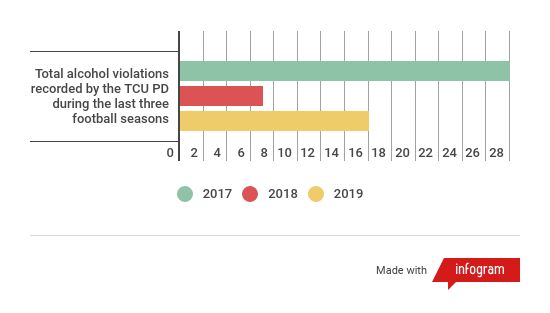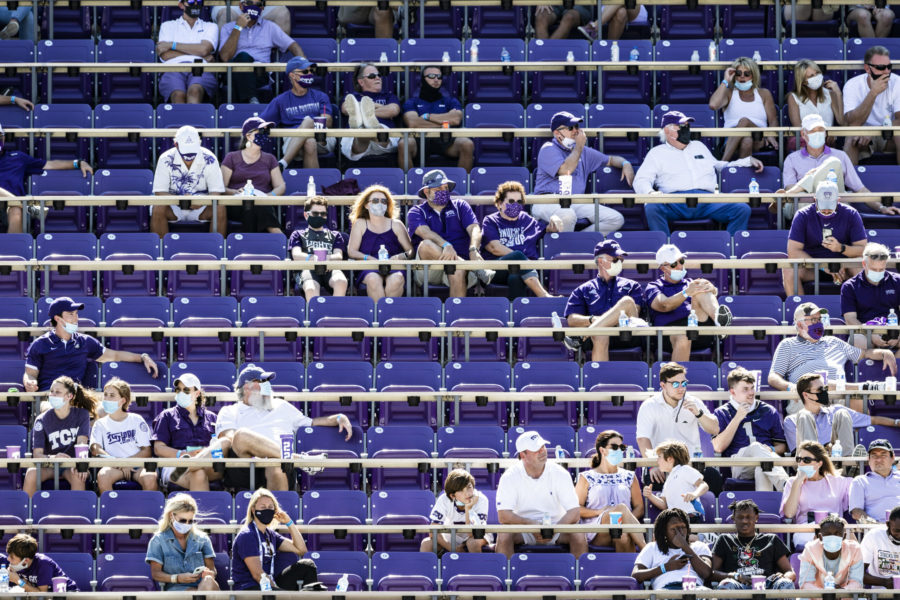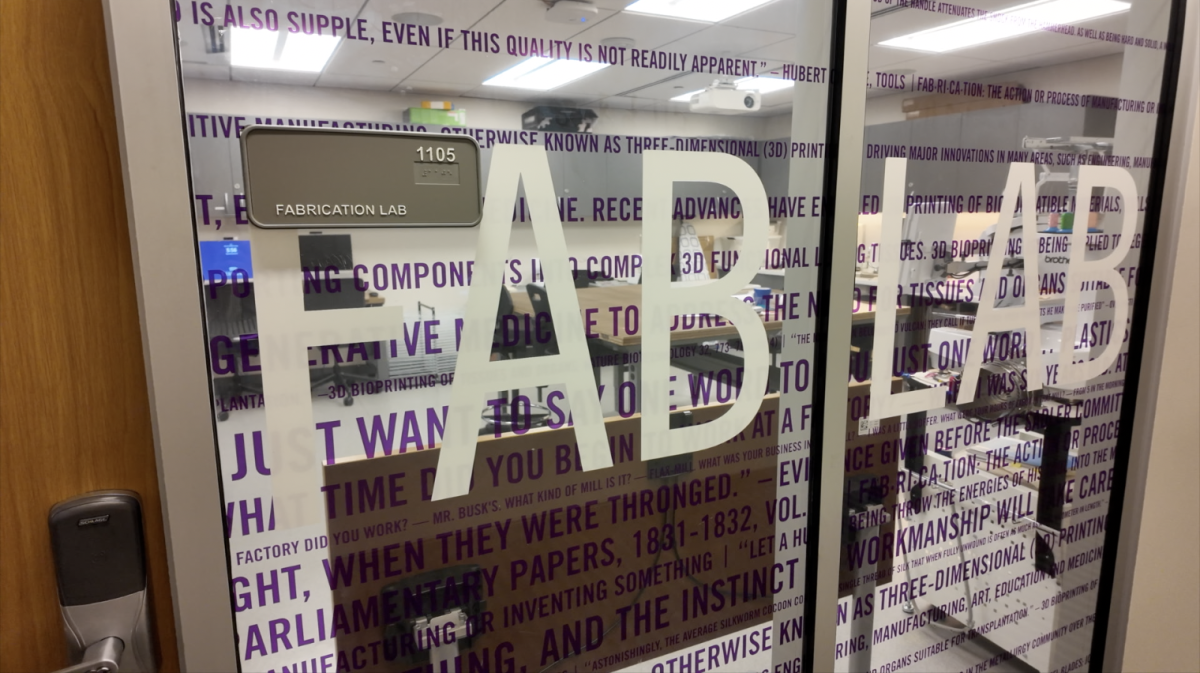TCU reported a low number of alcohol violations after the home opener against Iowa State but saw an increase in the number of parties.
Interim Chief of Police Robert Rangel said alcohol violations reported on opening game days have decreased over the last three years, with seven in 2017, two in 2018 and none in 2019. Four were reported this year.
This year’s number can be attributed to smaller crowds and campus tailgate restrictions due to COVID-19, as well as warnings from university and city officials, Rangel said.
“TCU police, Fort Worth neighborhood patrol officers and Campus Life went to frequent party locations to warn students of citations,” Rangel said. “Even though that didn’t stop the parties at least it kept the number of violations low.”
Assistant Director of the Counseling and Mental Health Center Caroline Albritton said sporting events usually cause more alcohol violations in the fall.
Rangel said even though statistics show a low number of alcohol violations, that doesn’t mean students aren’t drinking.
“Despite having only four violations this year, we definitely had more parties,” he said. “People were eager to party mostly due to their desire to interact with others after TCU’s social distancing regulations this semester.”

Alcohol violations usually occur at off-campus parties, but there are still records of on-campus alcohol violations, which Rangel said are usually given to people walking from parties.
Students caught returning to campus under the influence of alcohol can be referred to the Alcohol & Drug Education Center.
“For students fulfilling a sanction for an alcohol or drug violation, we do see increases on dates where big events occur, such as sports events or holidays,” Albritton said.
Albritton also said one of the consequences for alcohol violations includes drinking education.

It remains unknown if these violations happen more on the first home game rather than home games in general.
“I didn’t see any difference,” Rangel said. “It didn’t seem like opening game day influenced the number of violations seen throughout other random home games considering the statistics mentioned before.”
Last year, TCU police began to enforce the use of a mobile app that verifies IDs to avoid violations happening in places on campus such as the football stadium.
Rangel said the officers will keep trying to talk to the party hosts for future violations.
“We are not telling them anything they don’t know, but at least that gives them something to think about for more serious consequences with Campus Life,” he said.










